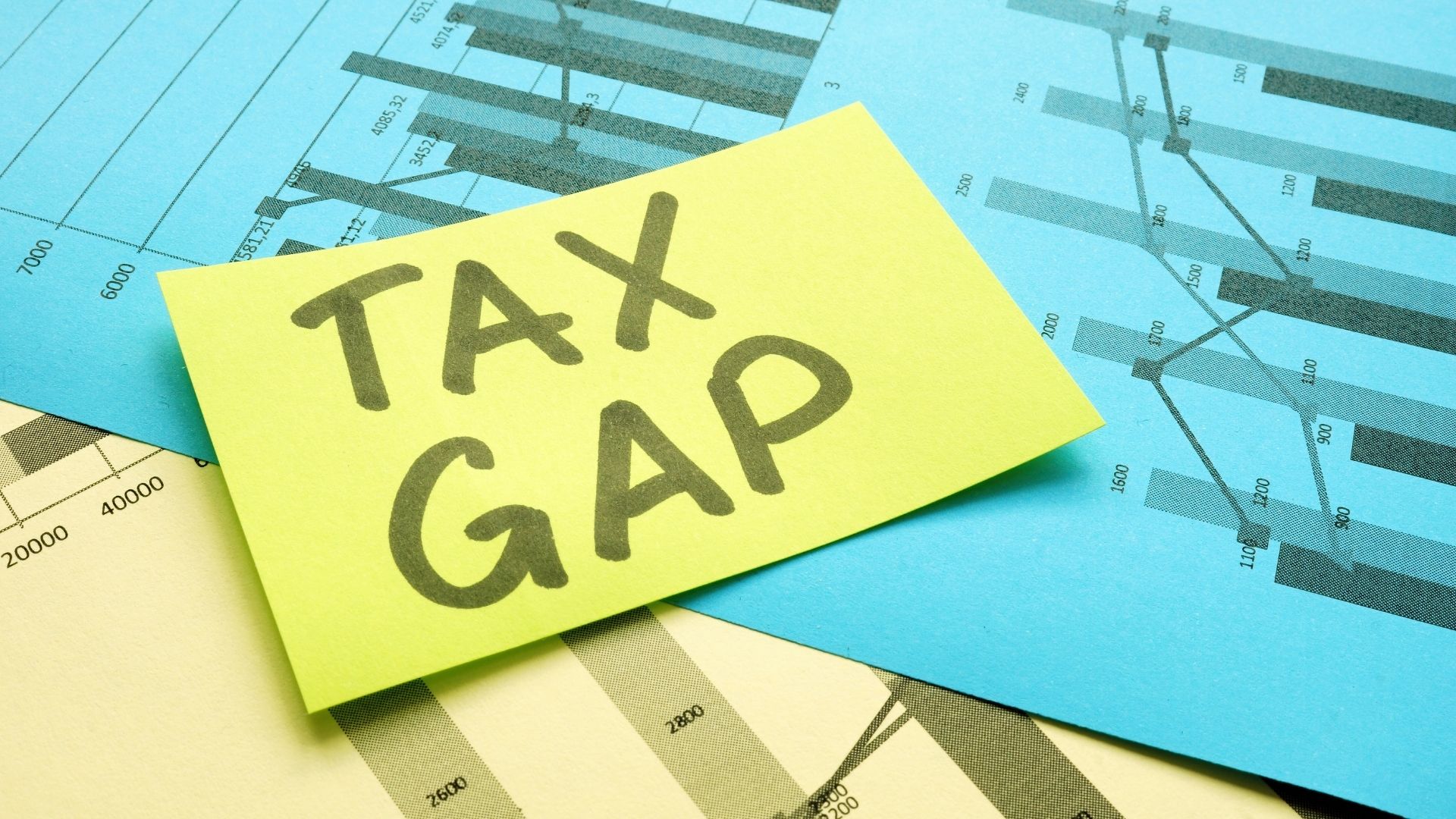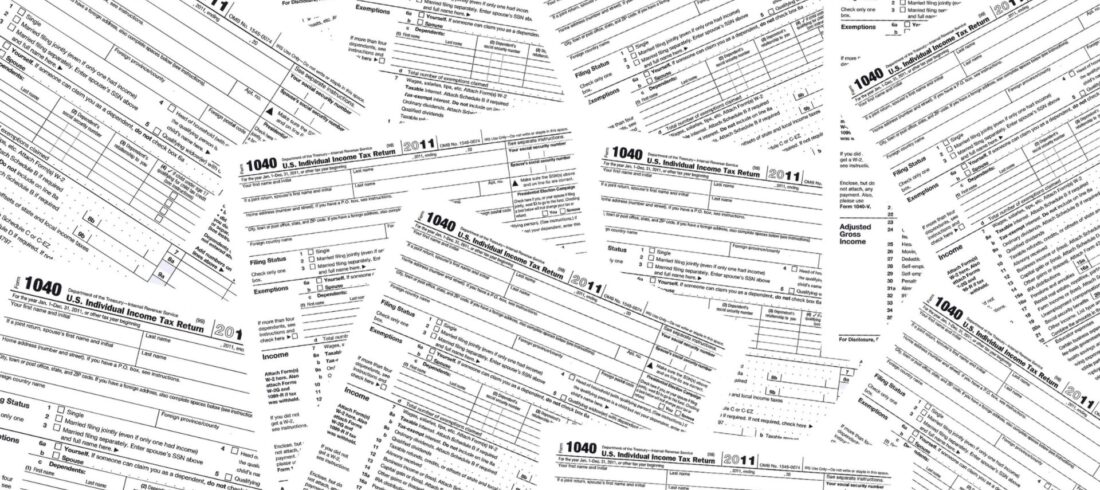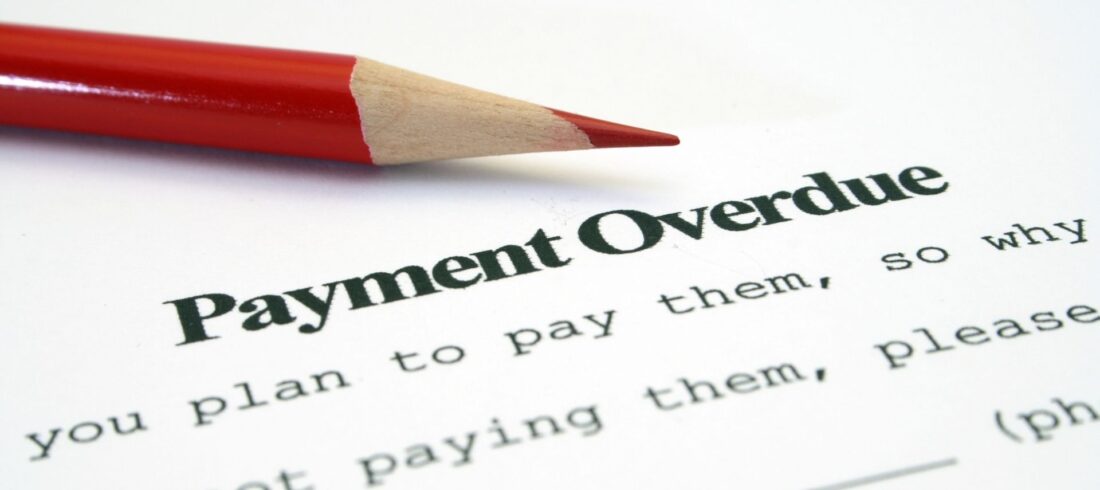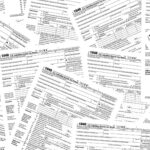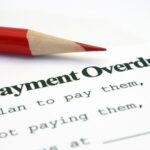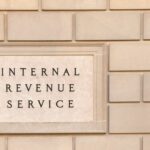The fourth of July is a day to remember the radical concepts (for 1776) that formed the foundation for the government of the USA. It’s also a time to remember how far we’ve gone in the 23 decades that have passed since 1776, in both good and bad directions. One of the bad directions is, in my opinion, the road that has led to our present system of taxation. It could be worse, but it could also be a whole lot better than it is now.
If you ask any citizen of the U.S. whether he’s agreeable to paying his fair share of the taxes needed to run the federal government, the odds are overwhelmingly in favor of an affirmative answer. Almost everyone wants to pay his or her fair share. At least that’s what they say – and my guess is they’re telling the truth.
With almost universal support for the idea of every one of us paying our fair share, an annual enforcement budget for IRS in excess of $10 billion seems excessive. Why should we need audits or collections when everyone’s happy to pay their fair share? On the other hand, IRS research indicates that since 2000, there have been shortfalls in tax revenues of something like $350 billion per year. Obviously, some taxpayers are not paying the full amount of their legal tax liability. One probable reason for the Tax Gap (IRS’s term for the shortfall) is that you needan advanced university degree in order to understand the law. Perhaps even more significant: many people do not consider the law to be fair. Their own interpretation of their fair share is generally somewhat lower (often much lower) than their legal tax liability.
Small businesses and self-employed individuals contribute a disproportionately high amount to the Tax Gap. This is to be expected, since people who run their own businesses are ideally situated to apply their own interpretation of fairness, as well as to make innocent mistakes due to the complexity of the tax law, coupled with the natural propensity of people to resolve ambiguities in their own favor.
From a business owner’s point of view, the ability to exert more control over her own destiny by reducing the amount she pays in taxes might seem to be a good thing (unless, of course, she is not in compliance with the tax law and gets caught). It’s always better to pay lower taxes. Right?
An article by Jeffrey F. Timmons, a professor of political science at the Instituto Tecnológico Autónomo de México, indicates that paying lower taxes could be a mixed blessing. Dr. Timmons studied data from approximately 90 countries over a 24-year period and found that governments bestow the greatest rewards on groups of individuals or businesses that pay the majority of the taxes (THE FISCAL CONTRACT: States, Taxes, and Public Services, World Politics 57.4 (2005) 530-567). This theory would explain why European welfare systems have worked better than America’s Great Society (as President Lyndon Johnson called it). In the United States, lower income people pay almost no tax (yes, they do get hit with FICA taxes, but the earned income credit currently provides relief from this burden), whereas, in Europe, low-income people are incorporated into the tax system and reap benefits such as free medical care.
Dr. Timmons’ research has not inspired me to start campaigning for the imposition of higher taxes on small business. To the contrary, staggering waste (of which the multi-billion dollar FEMA throw-away is just one high-profile example) and general inefficiency in government administration lead me to believe that the best of all possible tax systems would be one with a relatively low total budget. But the article has caused me to reconsider my views on distribution of the tax burden.

